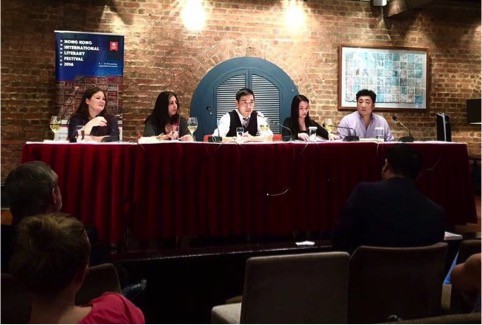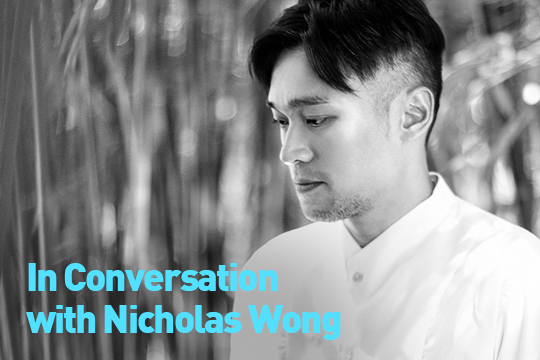“Our clocks strike the hour of courage,” wrote Anna Akhmatova in the winter of 1942. Now, as countries around the world go into lockdown and hospital teams battle against coronavirus, the hour of courage is called upon once again. Our writers bring you news this week from France, where literary festivals find innovative solutions to cancellations; Hong Kong, where launch events and publishers move online; and Nicaragua, where writers and the public have been mourning the passing of celebrated writer Ernesto Cardenal. Read on to find out more!
Sarah Moore, Assistant Blog Editor, reporting from France
France has been under a strict lockdown since March 17, and with all non-essential establishments now closed—including bookshops, theatres, libraries, and cultural centers—writers and organizers have had to be creative in finding new ways to engage with the public.
The annual Printemps des Poètes was due to be held from March 7 to 23. Its theme for this twenty-second edition was “Courage” and its poster design featured an original artwork by Pierre Soulages. The festival’s director, Sophie Nauleau, published a text on the festival website, “Espère en ton courage” (“Hope in your courage”) from her collection of the same name:
It’s a verse by Corneille. An old, famous alexandrine, right at the end of The Cid, which speaks of the heart, hope, and triumph of time somewhere in Seville:
Hope in your courage, hope in my promise . . .
Of course, none of us knew how much more pertinent her words would become after the new security measures taken by the French government caused the festival to close early. Suddenly, her words took on an additional meaning:
And in this hemistich, all the world’s bravery assaults centuries, with so much constancy. So much patience passed down into posterity, like a bequeathed secret, like a more efficient mantra than the coarse rule of blood.








